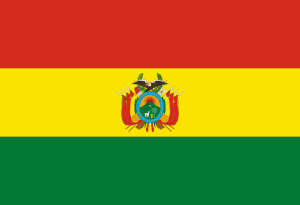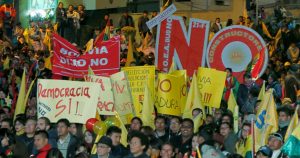By 2025 President Evo Morales has said that Bolivia will generate nine thousand megawatts which would make it the capital of South America for energy. He has invested in several renewable energy sources since 2006 including creating thermoelectric, hydroelectric, eolic, solar and geothermal plants. This is in an effort to fully supply their own country with energy yet also have a surplus so Bolivia can make money off exportation. Currently, President Morales has said that Bolivia produces 2100 megawatts of energy from these sources and has a reserve of 600 megawatts. He wants to increase the surplus in order to begin exporting the energy more aggressively. In 2019 Bolivia is expected to produce over 3000 megawatts thanks to the addition of new thermoelectric plants, and export over 100 megawatts to Argentina. This endeavor is a success for President Morales as he has surpassed the expectations of what Bolivia could achieve in clean energy generation.
In my thoughts, it is a certainly impressive achievement for a country that is currently struggling with political corruption. They reached and then surpassed the level of focus concerning clean energy that the United States has. On this note, while it is impressive one must not overlook the failings of the government in other sectors such as healthcare and fair elections. President Morales may have experienced success in this endeavor but, it cannot be ignored that he may use this success to justify his power grab or to further his stranglehold on certain parts of the government.
http://www.cadenagramonte.cu/english/show/articles/28344:bolivia-energy-heart-of-south-america-for-2025-evo-morales


